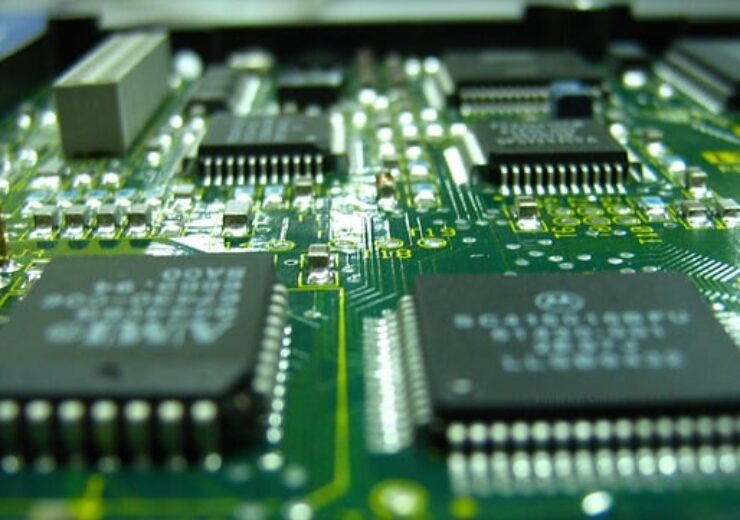Approved under the framework of Development of Semiconductors and Display Manufacturing Ecosystems in India, the three semiconductor units, which will be built in Gujarat and Assam, will commence construction within the coming 100 days

Indian union cabinet endorses the setting up of three semiconductor fabs in the country with an investment of INR1,256bn. (Credit: Cristian Ibarra from Pixabay)
The Indian union cabinet chaired by Prime Minister Narendra Modi has endorsed the setting up of three semiconductor fabrication facilities (fabs) in the country with a total investment of INR1,256bn ($15.1bn).
Approved under the framework of Development of Semiconductors and Display Manufacturing Ecosystems in India, the three semiconductor units will commence construction within the coming 100 days.
Two of the units will be in Gujarat while the third semiconductor plant will be built in Assam.
To be established in in Dholera, Gujarat, the first semiconductor fab will have a capacity 50,000 wafer starts per month (wfsm). It will be built by Tata Electronics (TEPL) in partnership with Taiwan-based Powerchip Semiconductor Manufacturing (PSMC).
The unit entails an investment of INR910bn ($11bn). It is expected to cover segments such as high performance compute chips with 28nm technology and power management chips for electric vehicles (EVs), telecom, defence, and others.
The other semiconductor plant in Gujarat will be set up in Sanand by CG Power along with Renesas Electronics and Stars Microelectronics with an investment of INR76bn ($920m).
It will have a capacity of 15 million per day and will produce chips for consumer, automotive, industrial, and power applications.
The third unit will be constructed in Morigaon, Assam by Tata Semiconductor Assembly and Test (TSAT).
It will entail a total commitment of INR270bn ($3.26bn) and have a capacity of 48 million per day. The TSAT fab will cover segments including automotive, EVs, telecom, consumer electronics, mobile phones, and others.
All the three semiconductor plants are expected to generate direct employment of 20,000 advanced technology jobs and nearly 60,000 indirect jobs.
Modi posted on the social media platform X: “With the Cabinet approval of 3 semiconductor units under the India Semiconductor Mission, we are further strengthening our transformative journey towards technological self-reliance.
“This will also ensure India emerges as a global hub in semiconductor manufacturing.”
Last year, India also approved US-based semiconductor manufacturing company Micron Technology’s plans to develop a new semiconductor unit in Sanand.


